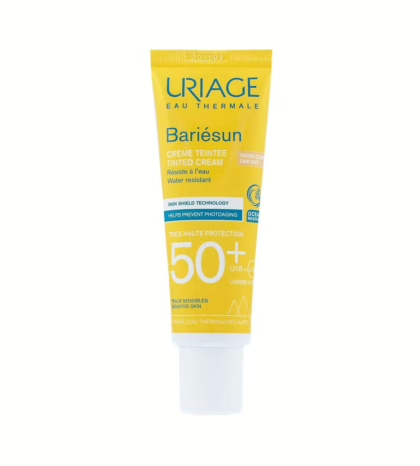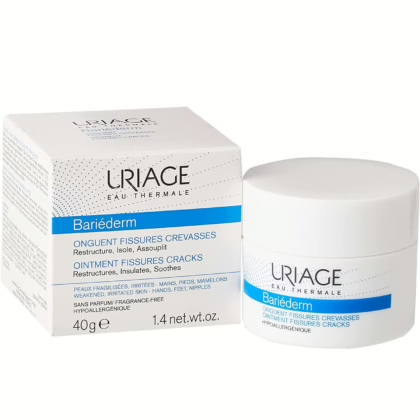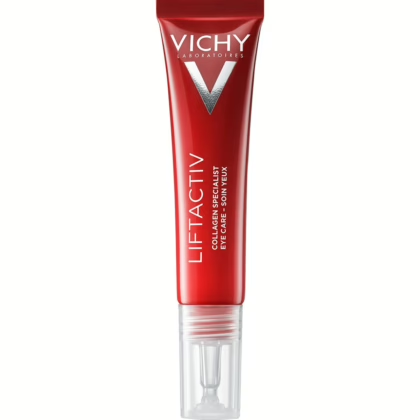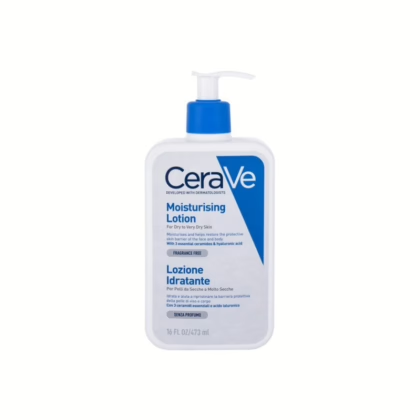Anemia is a serious worldwide health problem that affects everyone, especially kids and pregnant women. Anemia affects 42% of kids under five years and 40% of pregnant women according to the World Health Organization.
Anemia is a disorder in which the number of red blood cells or the concentration of hemoglobin is lower than normal. Since both are required to transport oxygen, a shortage of either inhibits the blood’s capacity to transport oxygen to all cells of the body.
The concentration of hemoglobin changes with age, gender, and bad habits such as smoking.
It is critical that kids acquire enough iron and other minerals in their meals to avoid anemia and associated disorders such as inattention, delayed motor skill development, and learning difficulties. Kids from one to two years require extra iron throughout growth.
First, the doctor will do some tests to find out the cause of the injury, whether it is due to malnutrition or a health problem. In the case of iron deficiency anemia, the doctor may advise:
Iron deficiency anemia, as well as vitamin B12 and B9 deficiency, may be avoided by eating a well-balanced diet rich in these nutrients and taking vitamin C to assist absorb iron. Also drinking plenty of water can maintain high hemoglobin levels











